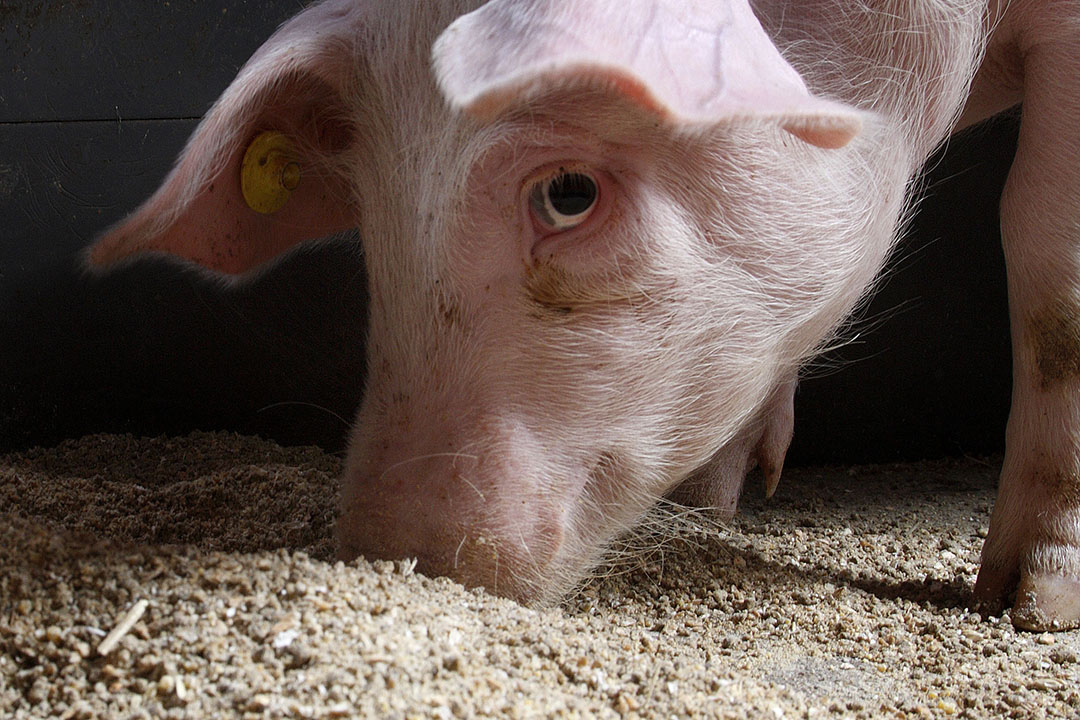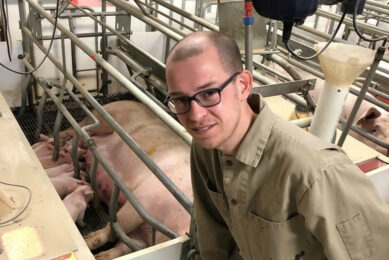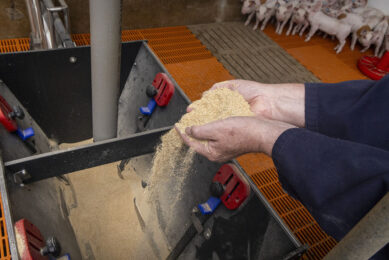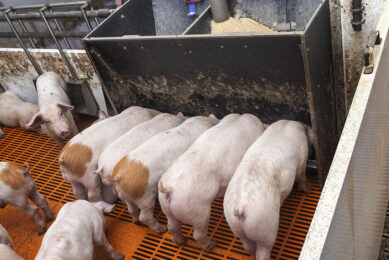Managing the potential ASF threat in feed

Update on Canadian measures to properly import pig feed ingredients and on a US-based study into additives that reduce disease in pigs.
African Swine Fever (ASF) has not yet entered Canada and officials in various agencies are working hard to keep it that way, through stepped up surveillance, seizing possible sources of contamination at borders, educating travellers – but also through enforcing rules on feed ingredients.
Starting in April 2019, the Canadian Food Inspection Agency (CFIA) was authorised to apply additional import controls on plant-based feed ingredients from countries of concern with respect to ASF. Shipments of select plant-based feed ingredients now require an import permit prior to the product entering Canada.

Track the movement of African Swine Fever
For everything you need to know about ASF, from the latest outbreaks to controls stay up to-date…
“Currently, Canada has import permits with the following countries affected by ASF: Belgium, China, Romania, Russian Federation and the Ukraine,” says a CFIA spokesperson. Prior to the introduction of the new import controls, plant-based feed ingredients from ASF-affected countries originated in Belgium, Bulgaria, China, Italy, Kenya, Nigeria, Romania, Russian Federation, South Africa and Togo.
According to the latest CFIA numbers, only about 1.7% of the feed ingredient import transactions into Canada between April and November 2019 were plant-based feed ingredients from countries affected by ASF, but the number of those individual imports totalled 4100. During the same period in 2018, the total was 4650.
Dr Scott Dee, research director at Pipestone Applied Research in Pipestone, Minnesota recently noted that he’d like the USA to follow Canada’s lead and require that imported feed ingredients from China, such as vitamins and organic soybeans, be quarantined before being used for US swine production. As reported by Postmedia in Canada, Dee is the scientist who “found that Porcine Epidemic Diarrhoea virus can survive and spread in animal feeds.”
Feed additive potential to reduce risk
Meanwhile, research in ongoing to investigate the potential of feed additives to protect swine from contracting various viral diseases through ingestion of feed.
Initial results of studies at Pipestone Applied Research indicate that 5 commercially-available feed additives may indeed protect pigs. Dee presented the related results in 2019 during the National Pork Industry Conference. As stated in the associated press release, 3 viruses were introduced into swine feed, 5 mitigants were added individually and the study pigs were then tested at day 6 and 15 for the presence of the viruses. The scientists also evaluated the animals for signs of disease.
“Despite the presence of PRRS, PED and SVA viruses in the feed, the mitigants protected almost all animals from becoming positive for infection by PRRS, PED, and SVA and significantly reduced the number of animals that developed signs of disease.” This study is among the first to produce results in a research setting that replicates commercial conditions.
A 2nd phase of the research, which is to begin later this year, will test 5 additional mitigants to assess if they have similar effectiveness in protecting swine herds from PRRS, PED and SVA.
Research at Kansas State University will also build on these studies to test whether the mitigants can be added to feed to protect against ASF.











